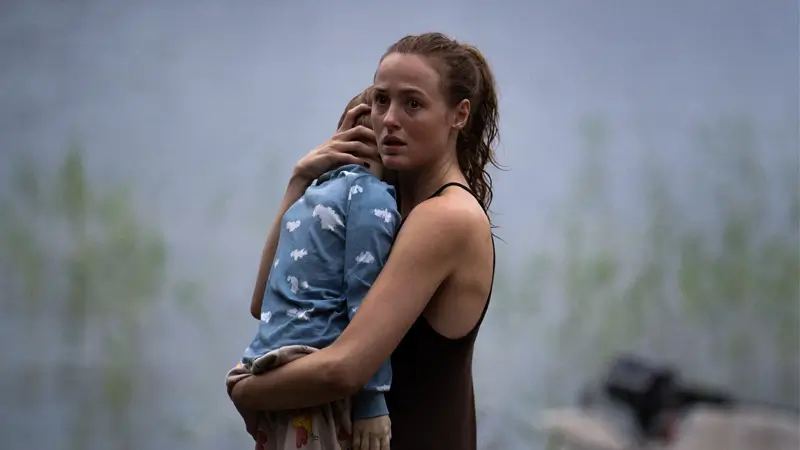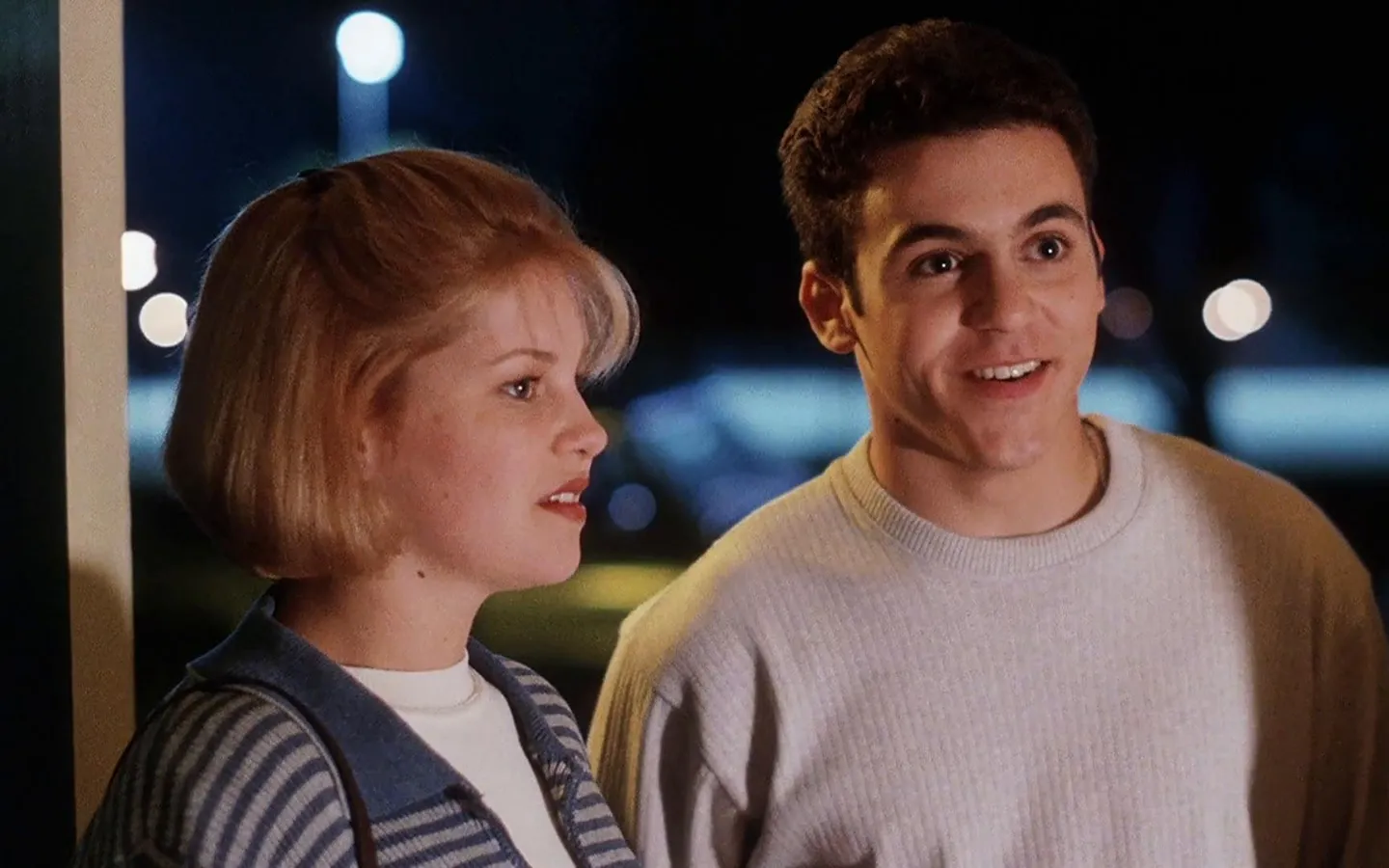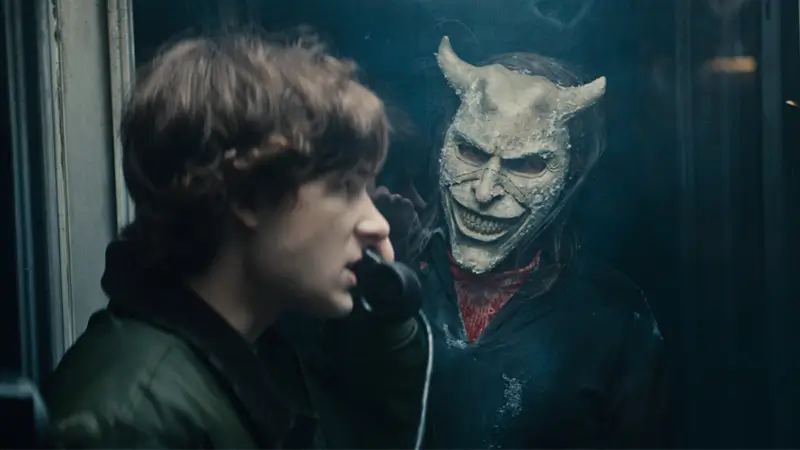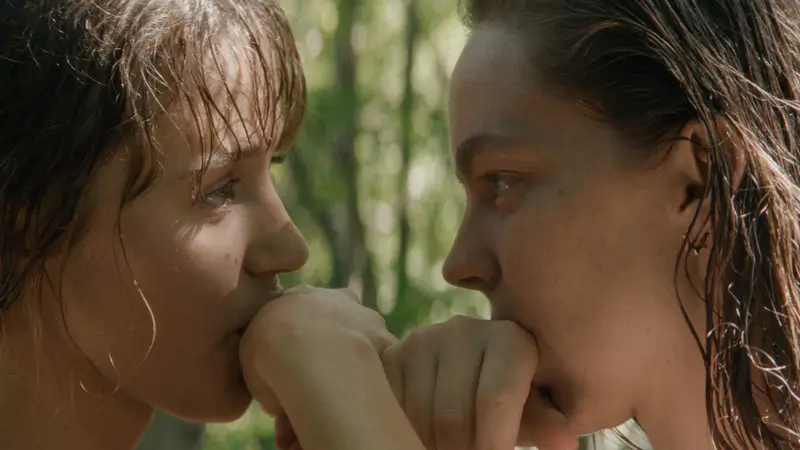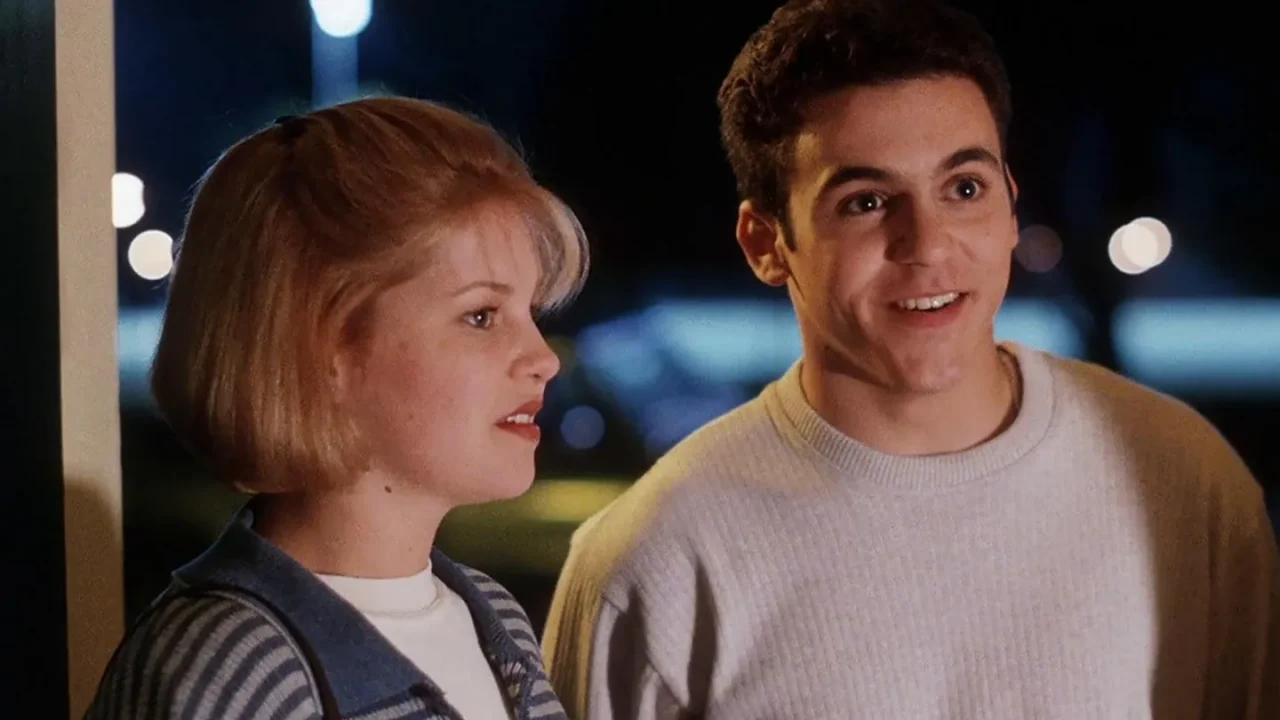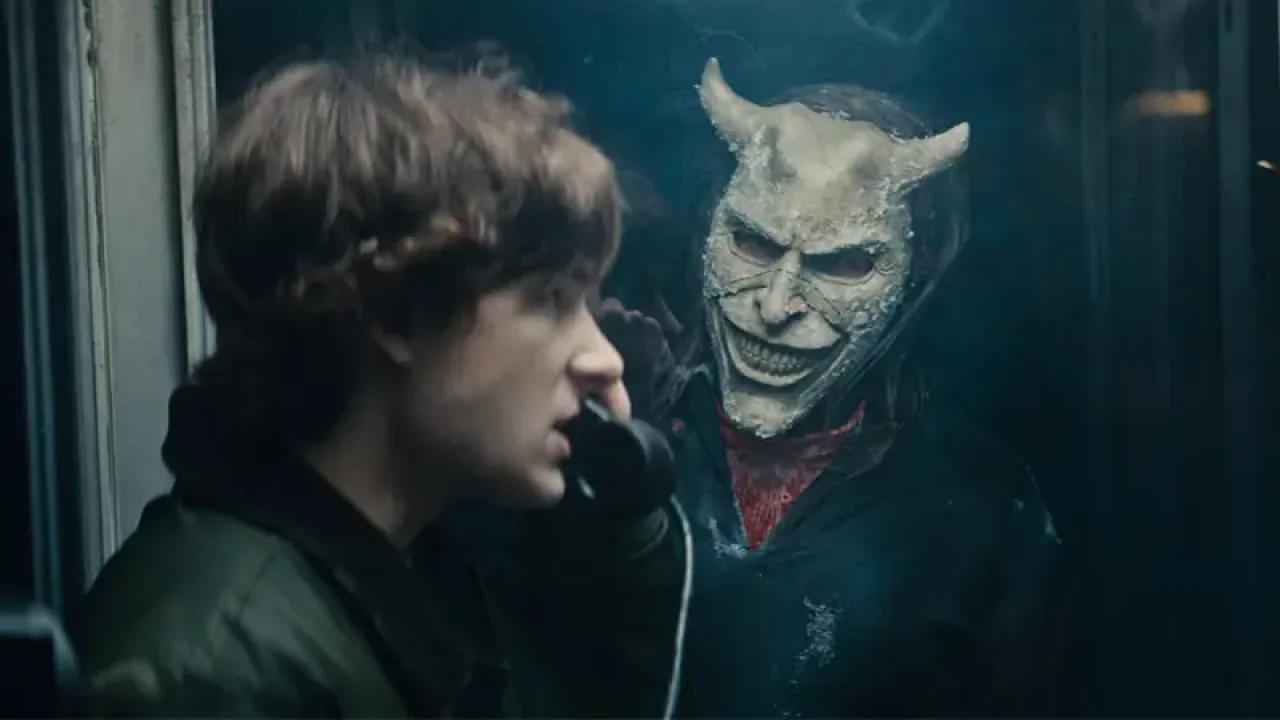LOS ANGELES – Producer Peter Craig faced a peculiar challenge adapting the novel that inspired the series Dope Thief for Apple TV+. He needed to turn an introspective literary work into a TV product that blended drama, thriller, and comedy. Asked by Filmelier during a roundtable, Craig revealed that although some suspense and humor elements were already present in the original book, it was necessary to invent new narrative elements to sustain a full series.
“The novel had a perfect inciting incident. But then the author kind of considered himself a literary writer, and the book never really resolves,” Craig explained bluntly. “I knew that wouldn’t adapt well for TV. So I invented some things at the beginning that I knew I could carry through to the end.”
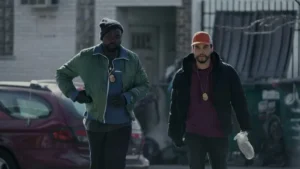
From the third episode onward, the series departs significantly from the source material. It was a decision supported by the book’s author.
Dope Thief: partnership between creator and actor
Brian Tyree Henry not only stars in the series but also serves as an executive producer. He describes the experience as “a dream.” For the actor, this dual role allowed a broader contribution to the production’s universe, something he considers essential for any performer. “It’s something every actor always wants to feel they’re doing: contributing to the real universe of the work,” he said.
The collaboration between Craig and Henry proved crucial in establishing the culture of the production. Henry brought in a crew he had worked with before, creating a familiar environment amid the challenging filming conditions. “We were on the streets, literally running for our lives, going through all kinds of highs and lows,” the actor described.
The Ridley Scott method
Ridley Scott’s direction of the first episode brought a unique dynamic to the set, using six cameras simultaneously. It’s an approach that harkens back to the director’s television experience in the 1950s. Scott works from a trailer equipped with six monitors, cutting scenes in real time—just like he did in live TV. “It’s literally like Minority Report,” Henry compared.
For the actors, this methodology is both a challenge and an opportunity.
“You don’t know where all the cameras are. So you have to honestly walk onto the set and make choices. You can’t question what your character is going through,” Henry explained. The result is a rawer, more spontaneous performance, usually with only two takes.
Social mobility and the U.S. prison system
Dope Thief powerfully addresses the challenges of social mobility in the United States, especially for former prisoners. The series portrays protagonists trapped in “ever-smaller boxes,” as Craig describes—intelligent people who cannot access legitimate channels to use their smarts because of the criminal stigma.
Henry contextualizes this reality through his characters’ perspective: “Ray crashed a car at 15 that killed someone, and suddenly the system said, ‘well, you’re an adult and you deserve to go to prison,’” he said. The series explores how two young men became adults inside the prison system, developing a bond that transcends adverse circumstances.
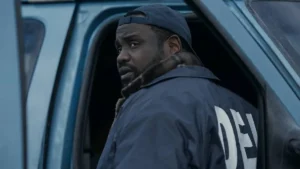
Challenges of Dope Thief
The biggest narrative challenge was creating empathy for characters technically classified as antiheroes. Craig achieved this by humanizing their contradictions and exposing their vulnerability. “Every character has an incredible capacity for love,” the creator observed. He highlighted how this makes them likable despite their questionable actions.
The series portrays protagonists as amateurs in crime, “really trying to find a way to survive,” as Henry defined. What starts as a simple robbery quickly turns into a dangerous life-or-death situation. This forces the characters to deal with dangerous drug dealers—and, of course, the consequences of having stumbled upon an operation much bigger than they imagined.
This imperfection makes them more human and connects with the audience in an authentic way. Humor arises naturally from these situations. One example is a scene where Ray answers a stolen phone with a terrible Boston accent.
The work thus establishes itself as a reflection on relative morality in an unequal society, where, in Craig’s words, “everybody is stealing from everybody to begin with.” It’s a story about real people trying to be good—even without knowing exactly what that means.



